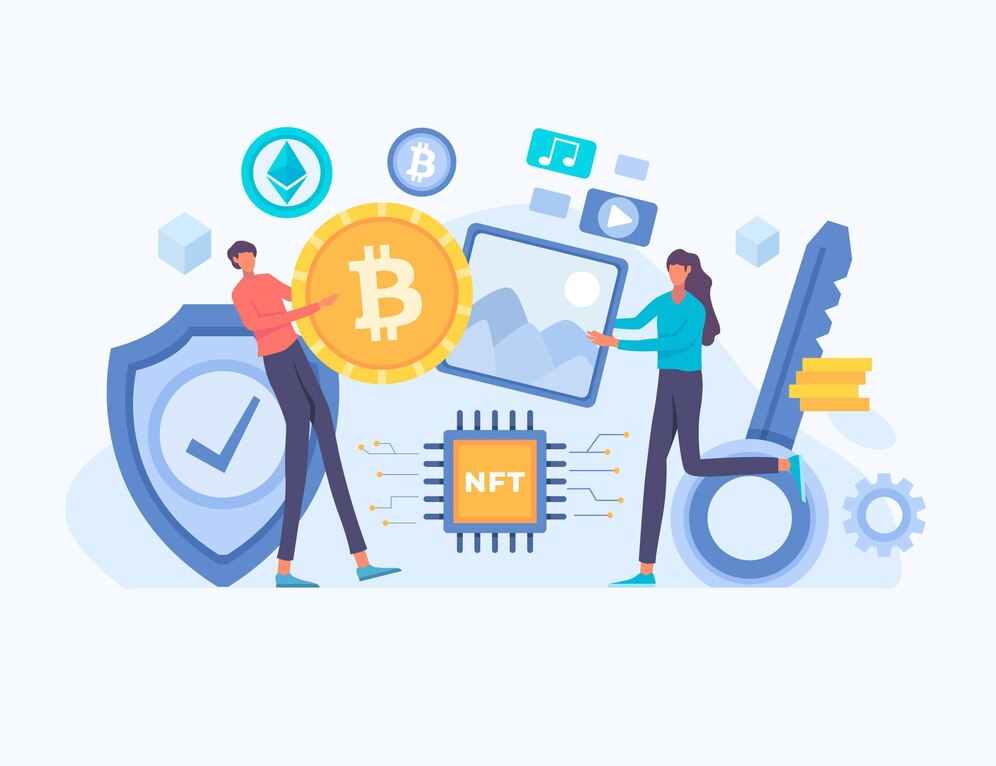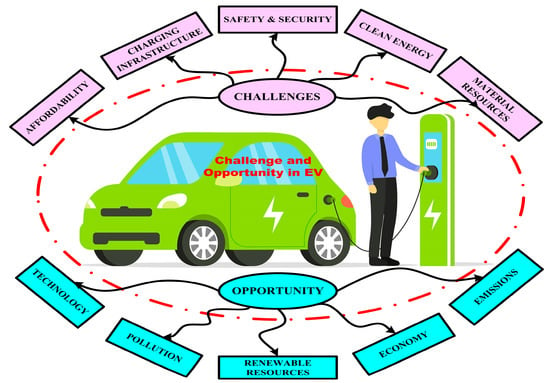How Streaming is Reshaping the Future of the Movie Industry: What You Need to Know
Mia Anderson

Photo: How Streaming is Reshaping the Future of the Movie Industry: What You Need to Know
In the past decade, the movie industry has undergone a radical transformation, primarily driven by the rise of streaming platforms. Services like Netflix, Hulu, and Disney+ have not only changed how we consume movies but have also significantly impacted the entire ecosystem of the film industry. The convenience and accessibility of streaming have challenged traditional movie theaters and even the way films are produced and distributed. This article will explore how streaming is reshaping the future of the movie industry, the trends shaping this evolution, and what it means for the future of cinema.
The Rise of Streaming: A Game-Changer for the Movie Industry
The rise of streaming platforms represents one of the most profound shifts in the movie industry since the advent of television. While the convenience of streaming is undeniable, it's essential to consider how it affects the traditional movie-going experience.
The Decline of Theaters
One of the most apparent impacts of streaming on the movie industry is the decline in traditional movie theaters. As streaming services offer the latest movies right into people’s living rooms, the necessity of going to a physical theater has diminished. For instance, during the COVID-19 pandemic, theaters worldwide were forced to close, and many movies were released directly on streaming platforms. This shift wasn’t just a temporary solution; it accelerated a trend that was already in motion.
Moreover, the affordability of streaming subscriptions compared to the rising costs of movie tickets has made streaming a more attractive option for many. Families can enjoy the latest blockbusters without spending a fortune, which has significantly reduced theater attendance.
The Evolution of Content Consumption
The way people consume content has also evolved due to streaming. Binge-watching, for example, has become a cultural phenomenon. Instead of waiting for weekly episodes or the release of movies, viewers can now consume entire series or film franchises in one sitting. This change in viewing habits has forced filmmakers and studios to rethink how they produce and release content.
The Economic Impact of Streaming on the Movie Industry
Streaming has not only changed how movies are consumed but also how they are financed and distributed. The economic implications of this shift are vast and complex.
Revenue Models: Subscription vs. Box Office
Traditionally, movies made their money through box office sales, DVD/Blu-ray sales, and later through licensing deals with TV networks. However, with the rise of streaming, the revenue model has shifted dramatically. Subscription-based platforms like Netflix generate revenue primarily through monthly fees rather than individual ticket sales. This model can be both a blessing and a curse for filmmakers.
On the one hand, streaming platforms provide a more stable income stream and reduce reliance on a movie's opening weekend performance. On the other hand, it can limit a film's earning potential. While a blockbuster might have earned hundreds of millions in theaters, its value on a streaming platform might be a fraction of that, depending on the terms of the licensing deal.
Impact on Independent Filmmakers
Streaming platforms have also had a significant impact on independent filmmakers. In the past, getting a film distributed was one of the biggest hurdles for indie filmmakers. However, streaming has opened up new opportunities for these creators. Platforms like Netflix and Amazon Prime are hungry for content and have begun investing heavily in original films and documentaries.
This shift has allowed many independent filmmakers to reach a global audience that would have been impossible through traditional distribution channels. However, it also means increased competition, as the barrier to entry is lower, resulting in an oversaturated market.
The Future of Cinema: Streaming vs. Theaters
As streaming continues to gain popularity, many have speculated about the future of traditional movie theaters. Will theaters become obsolete, or is there still a place for the communal movie-going experience?
The Unique Appeal of Theaters
While streaming offers convenience, there are aspects of the theater experience that cannot be replicated at home. The large screen, high-quality sound, and communal experience of watching a film with an audience are elements that many cinephiles still cherish. Additionally, some films are designed to be seen on the big screen, with directors emphasizing that certain aspects of their work can only be fully appreciated in a theater setting.
For instance, Christopher Nolan, known for his grand-scale films like "Interstellar" and "Tenet," has often emphasized the importance of the theatrical experience. He believes that movies like his lose much of their impact when watched on a small screen. This sentiment is shared by many filmmakers who still see theaters as the ultimate venue for their work.
Hybrid Models: A New Normal?
Given the changes brought about by streaming, many industry experts believe that a hybrid model may become the new norm. Some movies might be released simultaneously in theaters and on streaming platforms, giving consumers the choice of how they want to view the film. This approach could satisfy both traditional moviegoers and those who prefer the comfort of their own homes.
For example, Warner Bros.' decision to release its entire 2021 film slate simultaneously on HBO Max and in theaters marked a significant shift in the industry. This move, though controversial, acknowledged the changing landscape of film consumption and set a precedent that others may follow.
Streaming's Influence on Film Content and Production
The rise of streaming has also influenced the type of content being produced and the way films are made.
The Demand for Original Content
One of the most significant impacts of streaming platforms is the demand for original content. To differentiate themselves, platforms like Netflix, Amazon Prime, and Disney+ have invested billions in creating exclusive movies and series. This trend has led to a golden age of content creation, with more opportunities for diverse storytelling and experimental projects.
For instance, Netflix's strategy of producing a vast array of original content has resulted in critically acclaimed films like "Roma," "The Irishman," and "Marriage Story." These films, which might have struggled to find a place in the traditional Hollywood system, have found a home on streaming platforms where they can reach a broad audience.
Changes in Film Production
Streaming platforms have also changed the way films are produced. With the traditional studio system, films were often greenlit based on their potential box office performance. In contrast, streaming platforms prioritize content that will attract and retain subscribers. This shift has led to a broader range of films being made, including more niche genres and stories that might not have been viable in a theatrical release model.
Additionally, the production schedules for streaming content can differ significantly from traditional films. With the need to continuously provide fresh content, streaming platforms often have faster production timelines, which can impact the creative process.
Streaming's Global Reach: A Double-Edged Sword
The global reach of streaming platforms has been a double-edged sword for the movie industry.
Access to a Global Audience
On the positive side, streaming has allowed films to reach audiences worldwide, breaking down geographic barriers that previously limited distribution. A film produced in South Korea, for example, can now be watched by someone in Brazil on the same day it’s released. This global accessibility has increased the visibility of non-Western films and has allowed diverse stories to be shared with a broader audience.
The Challenge of Cultural Homogenization
However, this global reach also presents challenges. As streaming platforms seek to appeal to a global audience, there is a risk of cultural homogenization. Content may be produced with the broadest possible appeal in mind, which can sometimes lead to the dilution of local cultures and storytelling traditions. Additionally, the dominance of a few major platforms could stifle regional film industries that struggle to compete with the vast resources of companies like Netflix and Disney.
Conclusion
Streaming has undeniably reshaped the movie industry, bringing both opportunities and challenges. While it has democratized access to content and provided new avenues for filmmakers, it has also disrupted traditional revenue models and threatened the future of movie theaters. As the industry continues to evolve, a balance between streaming and traditional cinema may emerge, allowing both to coexist and thrive. For now, one thing is clear: streaming is here to stay, and its influence on the future of the movie industry will continue to grow.
Marketing
View All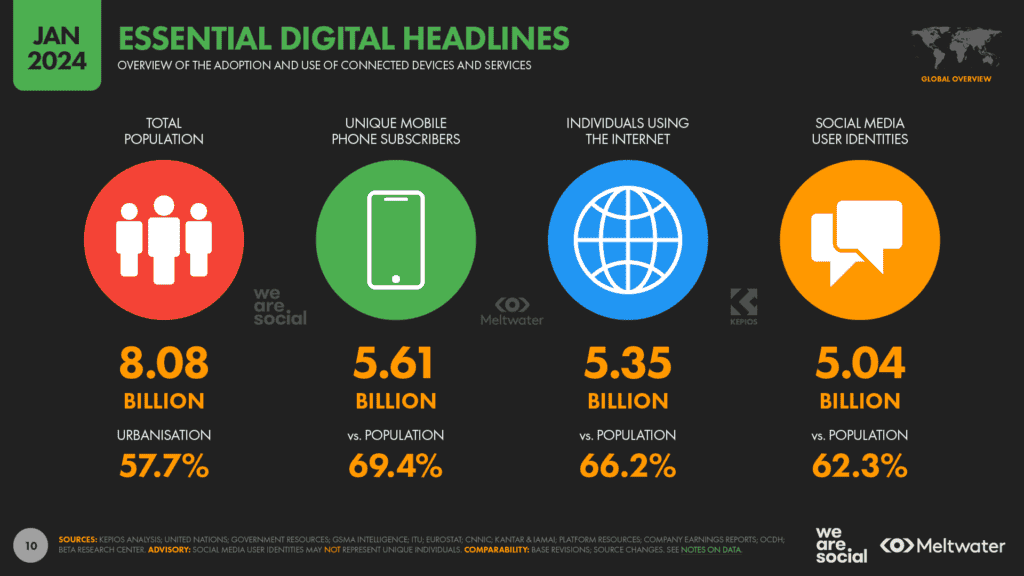
January 23, 2025
Social Media in Digital Marketing 2024Learn how social media is revolutionizing digital marketing in 2024. Boost your brand with actionable tips for viral campaigns!
Mia Anderson

January 23, 2025
10 Content Strategies for Digital SuccessCreate winning content with these 10 proven digital marketing strategies. Enhance engagement and conversions starting today!
Mia Anderson
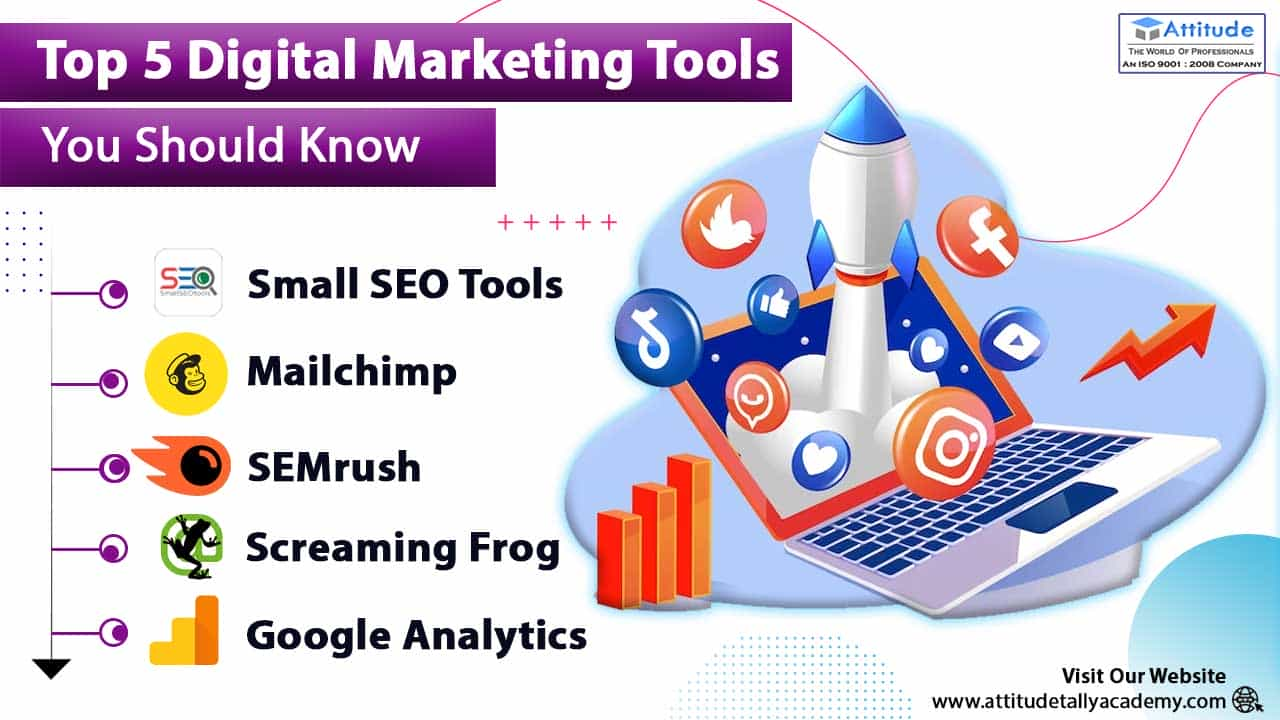
January 20, 2025
5 Best Digital Marketing Tools for GrowthUncover the top 5 digital marketing tools every marketer needs. Boost efficiency, drive results, and streamline your campaigns now!
Mia Anderson
Entertainment
View AllDiscover the fascinating history of superhero movies, from early adaptations to modern blockbusters. Uncover surprising facts and insights click to explore!
Mia Anderson
Unlock the secrets to going viral on TikTok with these 2024 strategies. From trend-spotting to unique twists, learn how to boost your visibility and engagement. Start creating viral content today!
Mia Anderson
Learn the key steps to start a YouTube channel in 2024, from content strategy to monetization. Click here for expert advice and actionable tips!
Mia Anderson
Discover the latest tips and trends for making a short film in 2024. Learn from experts and get started on your cinematic journey today!
Mia Anderson
Automotive
View AllExplore the growth of residential EV charging solutions, from home setups to energy-efficient charging options.
Read MoreDiscover the latest innovations in lightweight materials for EVs. How do these advancements improve performance and efficiency?
Read MoreDiscover real-world experiences of long-distance EV travel. Learn how EV owners tackle range anxiety and plan road trips.
Read MorePolular🔥
View All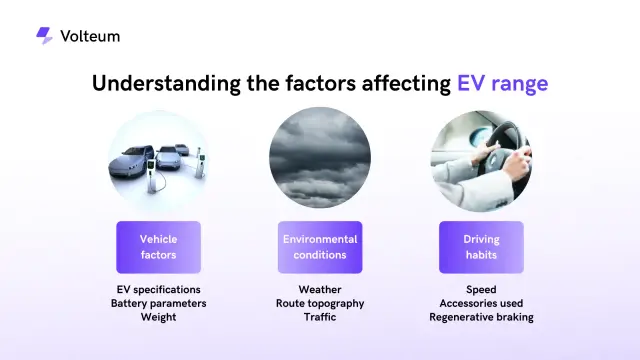
1
2
3
4
5
6
7
8
9
10
Technology
View All
September 12, 2024
Comprehensive Machine Learning Tutorial for Beginners
Master machine learning with our detailed tutorial. Learn the fundamentals and advance your skills today. Start your journey into AI now!

August 13, 2024
The Top SOC 2 Compliance Companies: Securing Your Data
Discover the leading SOC 2 Compliance companies and learn how they can help protect your organization's sensitive data. Click to explore the best options for safeguarding your business.

December 17, 2024
The Best Tech Gifts for 2024 – Shop Before They Sell Out!
Find the perfect tech gifts for everyone on your list! Click to explore the hottest gadgets and shop before they're gone.
Tips & Trick


